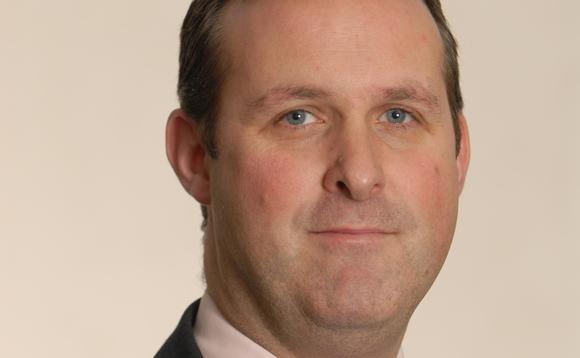How often do you assess their performance?
We look at it quarterly, with more regular communication over certain things all the time. The investment adviser and myself do a formal quarterly review with Willis Towers Watson, plus the trustee looks at the report every quarter. There is close alignment of their vision and plans with ours. It’s an alignment of cultures and values and it works really well.
Governance is a hot topic at the moment. How robust would you say that your governance systems are? Extremely robust. Roger Urwin (Willis Towers Watson’s global head of investment content) has confirmed the quality of our governance amongst the top pension funds worldwide, so it is very robust, extremely high quality, pretty efficient and it has delivered. We review the governance formally every year and the trustee directors undertake training sessions on governance. We have new trustees coming on board who are not always so familiar with governance so we support them in that knowledge and understanding.
How have you de-risked your scheme?
For the old section, we did a series of buy-in transactions, then bought out and wound up the old section. With the new section, or DB section, there has been interest rate and longevity hedging. Funding levels have now improved to a point where we are looking at the next buy-in for a portion of the fund and this will be completed any day now. We may do additional buy-ins down the line, which is quite exciting, a significant step.
Whether we will go down the exact same route as the old section, we don’t know. However, with the fund closed to new members since 2006 and to future DB accrual since 2016, why would we run it any longer than we need to if we think we can provide the benefits in a different way?
So, it is fair to say we have de-risked a lot, with 60% of current assets in liability hedging instruments. Half the pensioner population is hedged for longevity risk, and all the inflation risk is very much hedged out. This is matched with a hugely diversified portfolio of managers on the return seeking side through Willis Towers Watson.
For the level of risk we have in the portfolio, our volatility is significantly lower than the average. We are getting a return with a low level of risk and we are now ready to take some big steps to other insurance products and further buy-ins.
If you look at the valuation basis, the fund is 96% funded, but this was as low as around 61% when I joined. On a gilts basis, which is a tougher measure, we are 85% funded, which is the one that we internally look at. If we want to buy-out all of the liabilities then that is the basis that talks the same language that insurers talk, that is our proxy.
If you allow for all the outstanding future contributions that will be paid by employers and respective past deficits then the fund has a small surplus. We haven’t got all of that money in yet, there is still around £100m outstanding, about 3% on a funding level.
Do you think that all of the regulatory debates around at the moment are a help or a hindrance to a fund like yours?
We are comfortable with them; our line is very much that best practice is to be encouraged. If there are problems with the current systems, they should be fixed. The asset managers who do not like the work that the fiduciary managers are doing are making a lot of noise, particularly through the FCA review.
The good thing about the Competition and Markets Authority having a look at it is that it will be a more independent assessment of what needs to be done. The institutional investment market is a grown-up market place, there are duties and obligations on trustees to do their homework properly and make sure the advice they are receiving is appropriate.
We are supportive of it all. If there are shortcomings then improve them, but don’t think that it is all the fiduciary managers’ fault. Trustees need to bear their share of responsibility, as do the asset managers.




